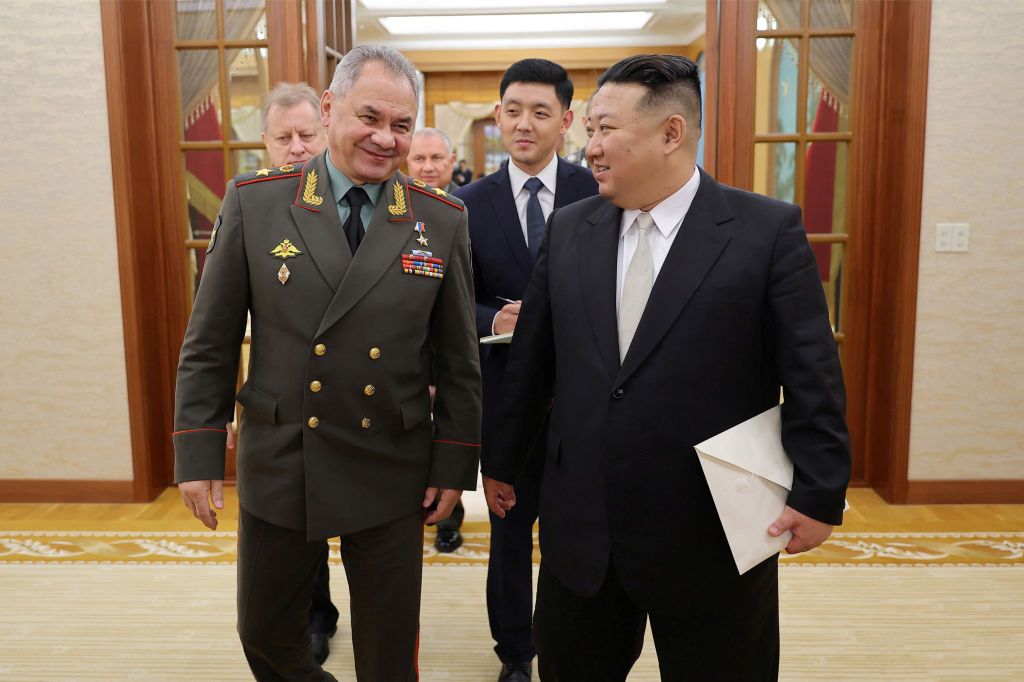WSJ: US concerned over Turkish companies helping Russia evade sanctions

The U.S. is concerned that Turkey has become a hub for Russian sanctions evasion, including a "ghost fleet" for Russian oil and port calls for Russian vessels carrying weapons and sanctioned goods, the Wall Street Journal reported on Aug. 18.
The Turkish company Beks Ship Management, operating dozens of aging oil tankers, participates in a "ghost fleet" of hundreds of vessels that help Russia ship out its oil despite the Western sanctions, the outlet said.
According to the WSJ, there are signs that the effectiveness of U.S.-led sanctions is fading, as in July, Russia's Ural-grade crude oil began trading above the $60 cap set by the Group of Seven (G7) countries.
Western countries are seeking to curb Russia's ability to evade sanctions, particularly in Turkey.
"We have an ongoing dialogue with the Turkish government on these issues," said a Western diplomat cited by the WSJ.
"Our sincere hope is to avoid a scenario in which a Turkish company is sanctioned, and we've worked with both the government and private sector to inform them of the very real risks."
The EU's latest 11th sanctions package was designed primarily to undermine Russia's ability to circumvent previously imposed sanctions. In particular, it prohibited access to EU ports to any vessels that engage in ship-to-ship transfers in order to tackle deceptive practices for importing Russian oil.











